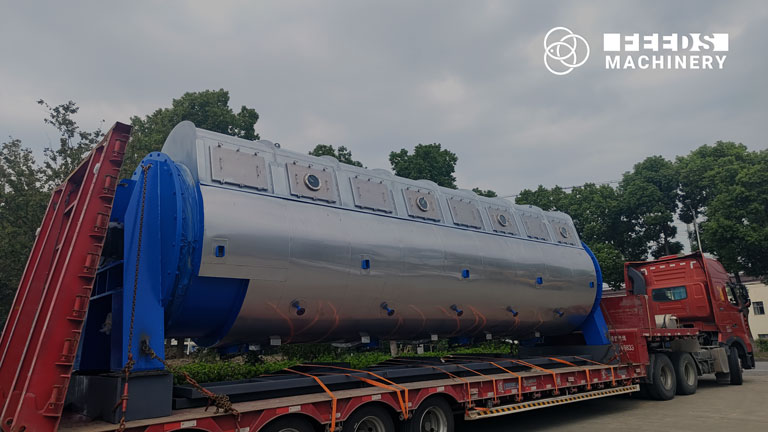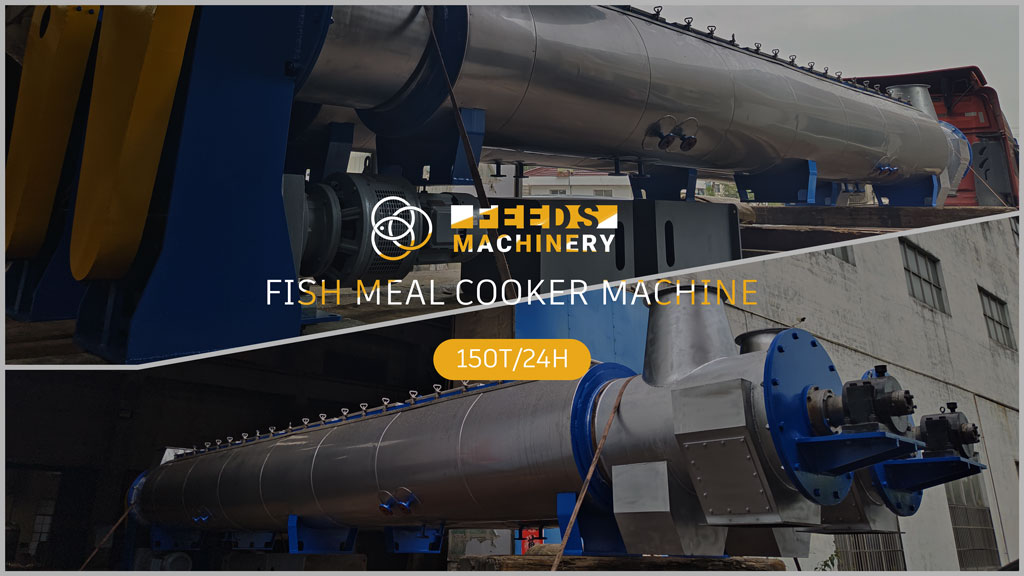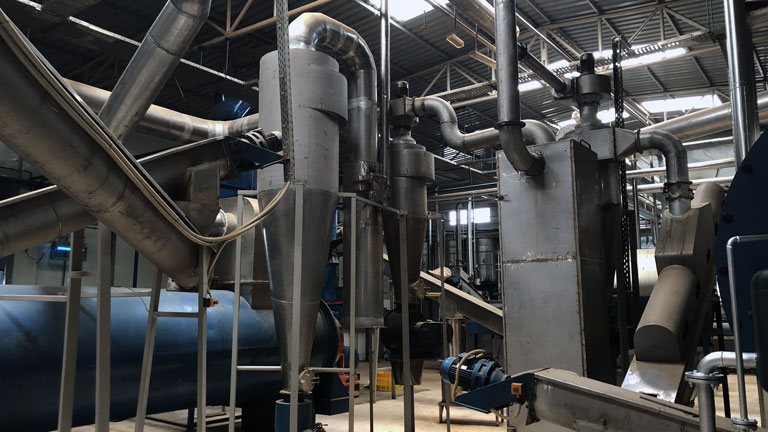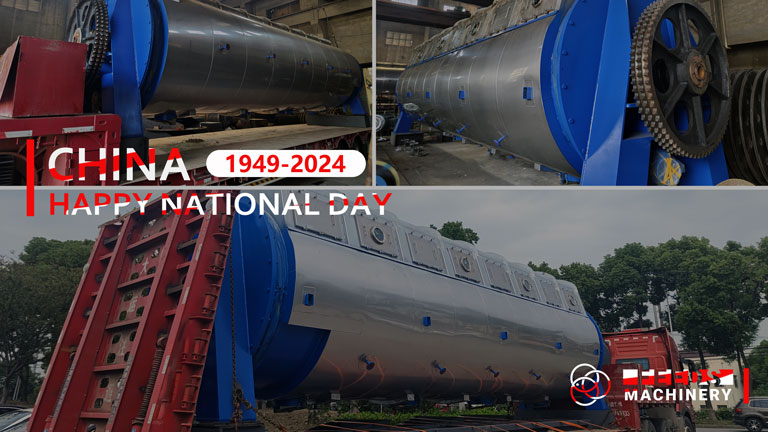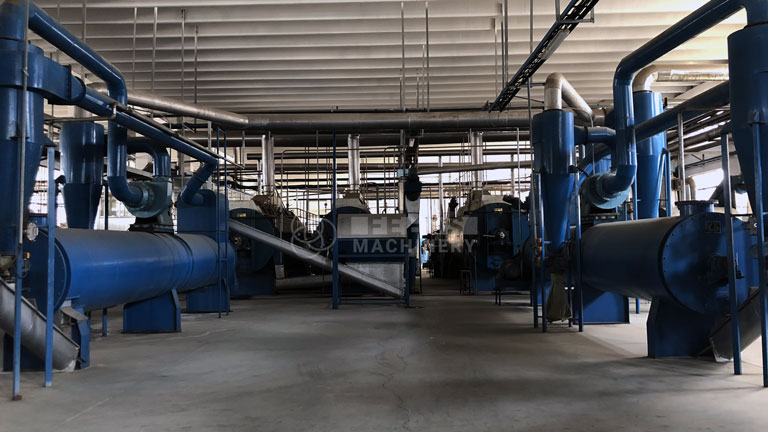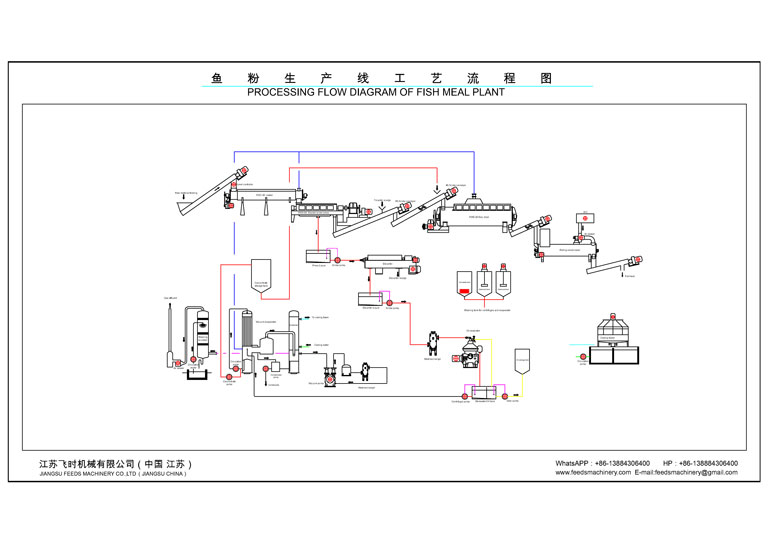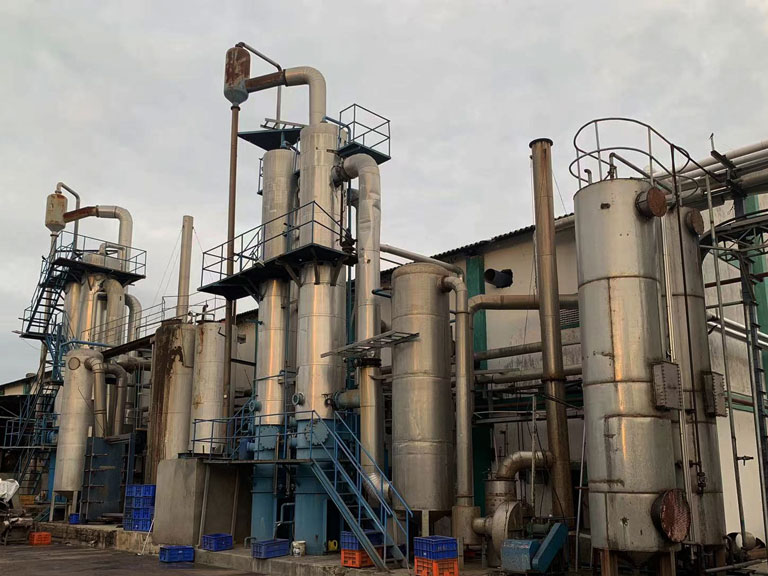
Fish meal production is a crucial process in the animal feed industry, providing a high-protein ingredient for livestock, poultry, and aquaculture feeds. One of the essential steps in fish meal production is the concentration of protein water. This step is vital for enhancing the nutritional value of the final product and ensuring efficient resource utilization. In this article, we will explore the protein water concentration process in fish meal production, highlighting its significance and the techniques involved.
What is Protein Water Concentration in Fish Meal Production?
Protein water, also known as stickwater, is a by-product of the fish meal production process. It contains dissolved proteins, peptides, amino acids, and other nutrients extracted during the cooking and pressing stages of fish meal production. Concentrating this protein water is essential to reclaim valuable nutrients and improve the overall yield and quality of fish meal.
Techniques for Protein Water Concentration
Several methods are employed in the fish meal industry to concentrate protein water effectively. Here are the most commonly used techniques:
- Evaporation:
- Multi-Effect Evaporators: This method uses multiple stages of evaporation to concentrate the protein water. The multi-effect evaporators are efficient and energy-saving, making them a popular choice in fish meal plants. The process involves heating the protein water to evaporate the water content, leaving behind concentrated protein-rich liquid.
- Centrifugation:
- Decanter Centrifuges: These devices use high-speed rotation to separate solids and liquids based on density. In fish meal production, decanter centrifuges effectively concentrate protein water by separating the solids (proteins) from the liquid. This method ensures a high recovery rate of proteins.
- Membrane Filtration:
- Ultrafiltration and Reverse Osmosis: Membrane filtration techniques such as ultrafiltration and reverse osmosis are used to concentrate protein water by allowing only water and small molecules to pass through the membrane, retaining the larger protein molecules. This method is effective in producing high-purity protein concentrates.
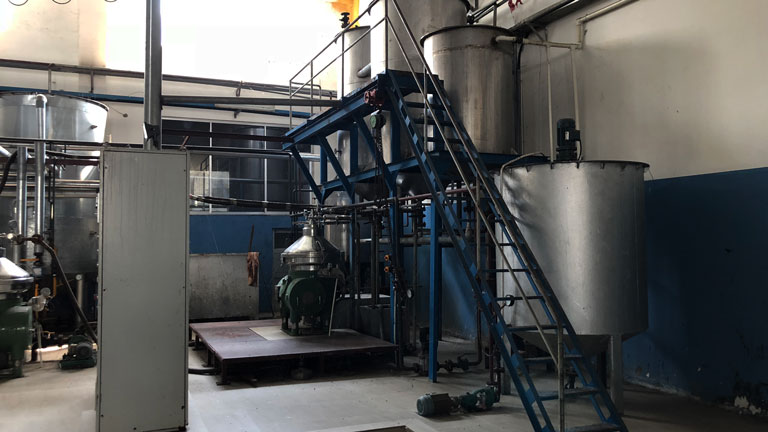
Benefits of Protein Water Concentration
The concentration of protein water in fish meal production offers several advantages:
- Nutrient Recovery: Concentrating protein water helps recover valuable nutrients that would otherwise be lost. This enhances the nutritional profile of the fish meal, making it a more effective feed ingredient.
- Resource Efficiency: By concentrating protein water, fish meal plants can maximize the use of raw materials, reducing waste and improving overall efficiency. This aligns with sustainable production practices and environmental conservation.
- Cost-Effectiveness: Efficient protein water concentration processes can lead to cost savings by reducing the need for additional raw materials and lowering disposal costs for waste streams.
- Improved Product Quality: Concentrated protein water can be added back into the fish meal, enhancing its protein content and overall quality. This results in a superior product that meets the nutritional requirements of animal feeds.
Application in Fish Meal Plants
Fish meal plants around the world utilize advanced technologies to concentrate protein water effectively. For instance, multi-effect evaporators and decanter centrifuges are widely implemented due to their efficiency and reliability. Additionally, membrane filtration systems are gaining popularity for their ability to produce high-purity protein concentrates.
Conclusion
The concentration of protein water is a critical process in fish meal production, ensuring the recovery of valuable nutrients and enhancing the quality of the final product. Techniques such as evaporation, centrifugation, and membrane filtration play a significant role in achieving efficient protein water concentration. By incorporating these methods, fish meal plant can improve resource utilization, reduce waste, and produce high-quality feed ingredients that meet the demands of the animal feed industry.

